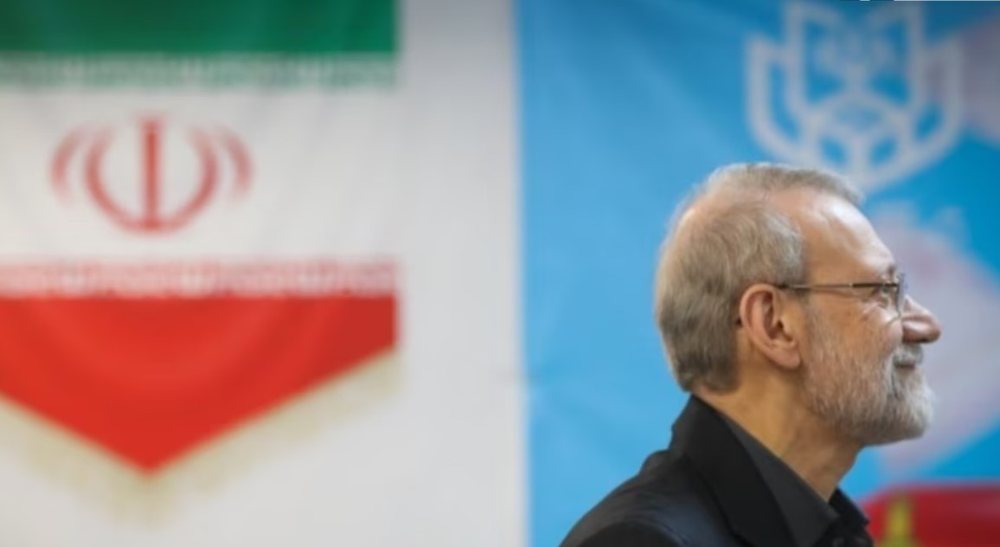
Ali Larijani, a senior adviser to Iran's supreme leader, has warned that military action against the Islamic Republic would push Tehran to develop nuclear weapons. Meanwhile, France has sounded the alarm over Iran's nuclear program, warning that if there is no deal by October, military confrontation will be "almost inevitable."
The main problem
Larijani, a senior adviser to Iranian Supreme Leader Ayatollah Ali Khamenei, said on April 1 that the United States should either approach Iran as an economic partner or treat it as an enemy.
"They can talk about economic benefits and have fair cooperation with Iran on economic issues that benefit both sides," he said during a television interview.
But Larijani, a former speaker of parliament and former national security adviser, added that military threats against Iran will only worsen the situation.
"If America or Israel attacks Iran under the pretext of nuclear issues, Iran could move towards creating a nuclear bomb," he said.
US President Donald Trump has threatened to bomb Iran if there is no agreement on Tehran's nuclear program.
The 2015 nuclear deal between Tehran and world powers, from which Trump withdrew in 2018, is set to expire in October. When the deal expires, world powers will no longer be able to reimpose United Nations sanctions on Iran.
Recognizing this fact, French Foreign Minister Jean-Noel Barrot, during an address to Parliament on April 2, warned that in the absence of a new agreement, “military confrontation seems almost inevitable.”
Iran has rejected Trump’s proposal for direct talks, saying it would agree to indirect talks if the US president abandons his “maximum pressure” campaign. However, Trump claimed on April 3 that he believes Iran has changed its position. But on April 6, the Iranian Foreign Ministry reiterated the same rejection of direct talks.
Barrot said that "our priority" is to reach an agreement "that permanently limits" Iran's nuclear program and that such a limitation can be monitored.
But the US has sent conflicting messages, with the special envoy for the Middle East, Steve Witkoff, calling for the "complete dismantling" of the program.
Fabian Hinz, a researcher at the International Institute for Strategic Studies, said recent military exercises and the discovery of missile bases suggest that Tehran considers the military threat credible. The increased US military presence in the Middle East has undoubtedly influenced this perception.
He told Radio Free Europe's Radio Farda that a military strike would "buy time" rather than destroy Iran's nuclear capability, as "knowledge cannot be bombed."
Hinz argued that if Iran's nuclear program is attacked, it will continue covertly. He added that identifying and targeting Iran's supply chains could "significantly hinder the nuclear program."
Larijani's statements, particularly about the possible development of a nuclear bomb, have prompted a strong reaction within Iran.
Reformist analyst Ahmad Zeidabadi said the Islamic Republic is "only making the situation more difficult for itself and easier for America and Israel" when officials try to boast about Iran's military strength and ability to weaponize its nuclear program.
Culture Minister Abbas Salehi has dismissed the possibility of Iran having nuclear weapons, insisting that Khamenei's fatwa (religious ruling) against developing nuclear weapons will not change based on current issues because it is rooted "in religious principles."
Hinz said that "from an Iranian perspective, it would make sense to take all of Trump's actions very seriously because he has killed one of the most senior members of the regime," referring to the killing of the leader of the Islamic Republic's Revolutionary Guard Corps' Quds Force, General Qassem Soleimani, in 2020. (A2 Televizion)











